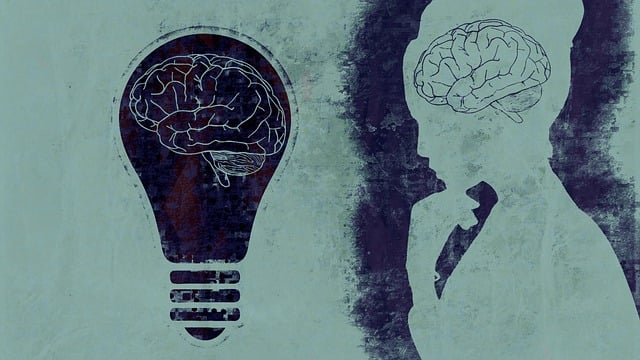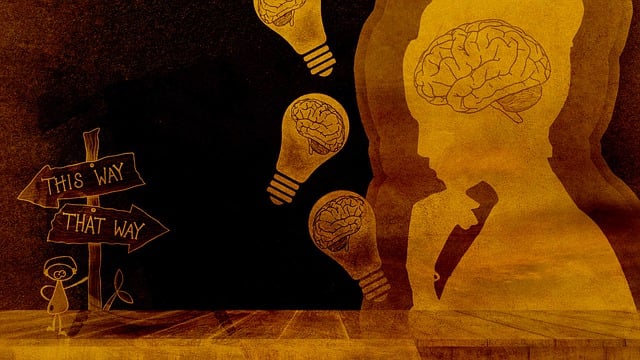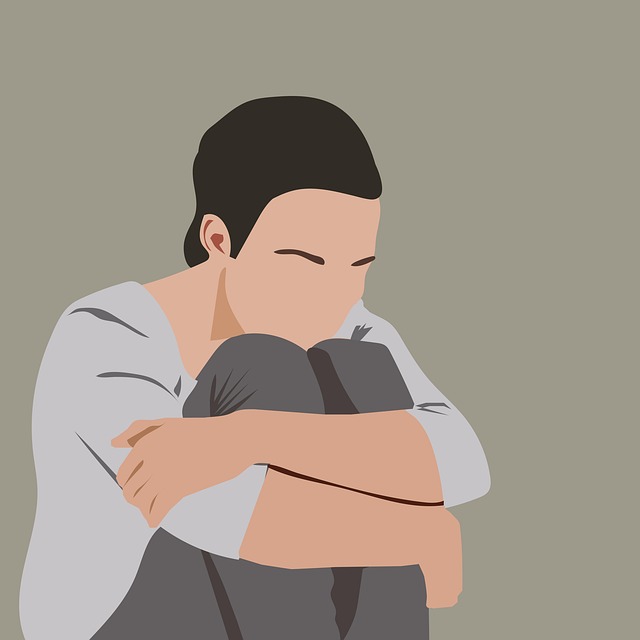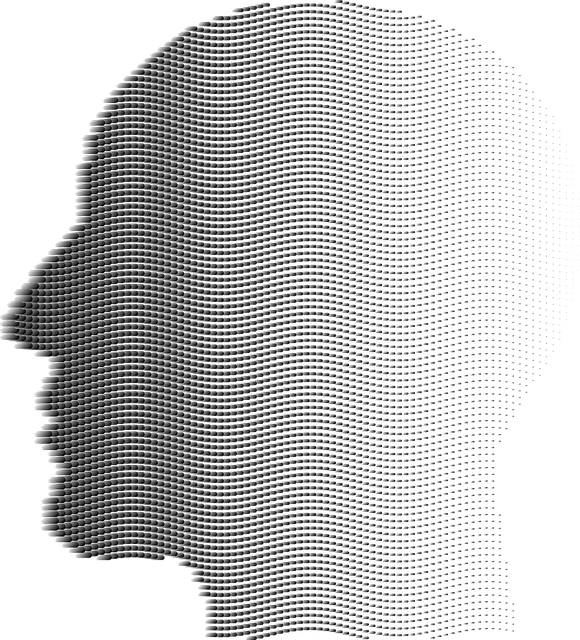Aurora Veterans Therapy focuses on holistic mental wellness, recognizing that emotional resilience, positive states, and overall well-being are crucial. They offer tailored evidence-based practices for veterans' unique challenges, including PTSD, depression, and anxiety. Through burnout prevention strategies, education programs, and open conversations, they destigmatize mental health issues. Their multi-faceted approach includes resilience building, community outreach, and peer support groups. Aurora integrates social connections into its services, providing comprehensive care under a Mental Health Policy Analysis framework. They offer tailored methods like journaling, stress reduction, workshops, and Trauma Support Services to empower veterans in managing their mental health holistically.
At Aurora Veterans Therapy, we believe that mental wellness is the foundation for a robust and fulfilling life. This article delves into the comprehensive approach we take to promote emotional health among veterans. We explore common challenges faced, evidence-based strategies, the critical role of support systems, and holistic practices that cultivate balance and wellbeing. By understanding these aspects, Aurora Veterans Therapy strives to enhance resilience and recovery for our esteemed veterans.
- Understanding Mental Wellness: The Foundation of Aurora Veterans Therapy
- Identifying Common Challenges Faced by Veterans: A Focus on Emotional Health
- Evidence-Based Strategies for Effective Mental Wellness Promotion
- The Role of Support Systems in Enhancing Veterans' Resilience and Recovery
- Integrating Holistic Practices: Cultivating Balance and Wellbeing at Aurora Veterans Therapy
Understanding Mental Wellness: The Foundation of Aurora Veterans Therapy

At Aurora Veterans Therapy, we firmly believe that understanding mental wellness is the foundation upon which effective therapy and support can be built. Mental wellness encompasses not just the absence of mental illness but also the presence of positive emotional states, resilience, and overall well-being. Our approach leverages evidence-based practices tailored to meet the unique needs of veterans, recognizing the distinct challenges they face both on and off the battlefield.
Through a comprehensive mental health policy analysis and advocacy, we strive to create an environment that promotes proactive mental wellness. This involves not just addressing acute issues but also implementing burnout prevention strategies for healthcare providers who selflessly dedicate their lives to supporting veterans. By fostering open dialogue, destigmatizing mental health conversations, and providing accessible resources, Aurora Veterans Therapy aims to empower individuals to take control of their mental health, ensuring they thrive rather than merely survive in a demanding world.
Identifying Common Challenges Faced by Veterans: A Focus on Emotional Health

Many veterans face unique challenges when it comes to their emotional health, often stemming from their military experiences. Post-traumatic stress disorder (PTSD), depression, and anxiety are common issues that can significantly impact a veteran’s daily life and overall well-being. These mental health struggles may go unnoticed or unaddressed due to the stigma surrounding seeking help, especially within veteran communities.
Aurora Veterans Therapy emphasizes the importance of identifying these challenges early on. By providing specialized services, they aim to support veterans in managing their emotional health effectively. This includes offering Burnout Prevention Strategies for Healthcare Providers to ensure proper care and Mental Health Education Programs Design tailored to meet the specific needs of veterans. Additionally, their Mental Wellness Podcast Series Production offers valuable resources and peer support, making mental wellness discussions more accessible and encouraging open conversations about emotional well-being among veterans.
Evidence-Based Strategies for Effective Mental Wellness Promotion

Promoting mental wellness effectively requires a multi-faceted approach, backed by evidence-based strategies that resonate with diverse populations. One such strategy is Resilience Building, which equips individuals with the mental fortitude to withstand and bounce back from challenging situations. This can be achieved through structured programs that teach coping skills development, emphasizing techniques like mindfulness, cognitive reframing, and problem-solving strategies. Organizations like Aurora Veterans Therapy have pioneered these efforts, tailoring interventions to meet the unique needs of veterans, fostering a sense of purpose and emotional well-being.
Moreover, Community Outreach Program Implementation plays a pivotal role in mental wellness promotion by bringing resources directly to underserved populations. By leveraging community networks, these programs enhance accessibility to therapeutic services, reduce stigma, and promote early intervention. Incorporating peer support systems and group therapy sessions further strengthens this approach, creating safe spaces where individuals can share experiences, learn from one another, and build supportive social connections—key elements in sustaining mental wellness over time.
The Role of Support Systems in Enhancing Veterans' Resilience and Recovery

For veterans transitioning back to civilian life, support systems play a pivotal role in fostering resilience and accelerating recovery. Traditional therapy models often emphasize individual healing; however, the unique challenges faced by veterans highlight the importance of collective care. Peer support groups, for instance, create safe spaces where veterans can share experiences, build camaraderie, and gain strength from each other’s journeys—a powerful tool in mental wellness promotion.
Aurora Veterans Therapy recognizes this dynamic by integrating social connections into its services. Through collaborative efforts, they facilitate mentorship programs, community outreach, and peer-led initiatives that empower veterans to navigate their mental health journeys together. This holistic approach addresses the need for a supportive environment, considering not just individual therapy but also the profound impact of connectedness on a veteran’s ability to heal and recover, especially when navigating the complexities of post-traumatic stress and other mental health challenges under a comprehensive Mental Health Policy Analysis and Advocacy framework. Effective risk management planning for mental health professionals is crucial in ensuring these support systems remain safe and beneficial, while Conflict Resolution Techniques can help manage internal and external conflicts, further enhancing overall recovery.
Integrating Holistic Practices: Cultivating Balance and Wellbeing at Aurora Veterans Therapy

At Aurora Veterans Therapy, we believe that integrating holistic practices is key to cultivating balance and wellbeing. Beyond traditional talk therapy, our approach incorporates a range of evidence-based methods tailored to address the unique needs of veterans. This includes Mental Wellness Journaling Exercises, designed to help individuals process their thoughts and emotions while fostering self-awareness and reflection. By combining these exercises with Stress Reduction Methods, we empower service members to manage traumatic stress and promote lasting mental wellness.
Our holistic practices extend beyond individual therapy sessions, encouraging community engagement and peer support. We organise workshops and group activities that focus on mindfulness, meditation, and creative outlets like art therapy. These collaborative efforts create a sense of belonging and offer valuable Trauma Support Services, ensuring veterans have the tools to navigate their journeys towards healing and wholehearted living.
Aurora Veterans Therapy has established a comprehensive approach to mental wellness promotion, addressing emotional health challenges faced by veterans. By integrating evidence-based strategies, holistic practices, and robust support systems, Aurora provides a nurturing environment for veterans’ resilience and recovery. Through understanding the unique needs of this population, the therapy offers tailored interventions that cultivate balance and wellbeing. This inclusive and compassionate model sets a standard for mental wellness care in the veteran community.














